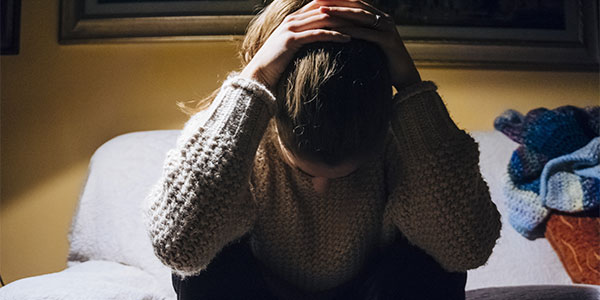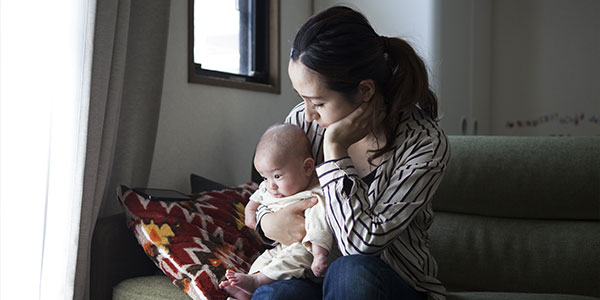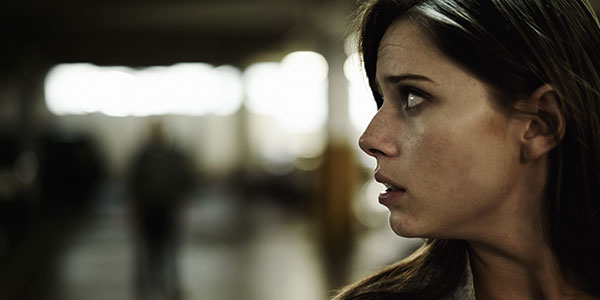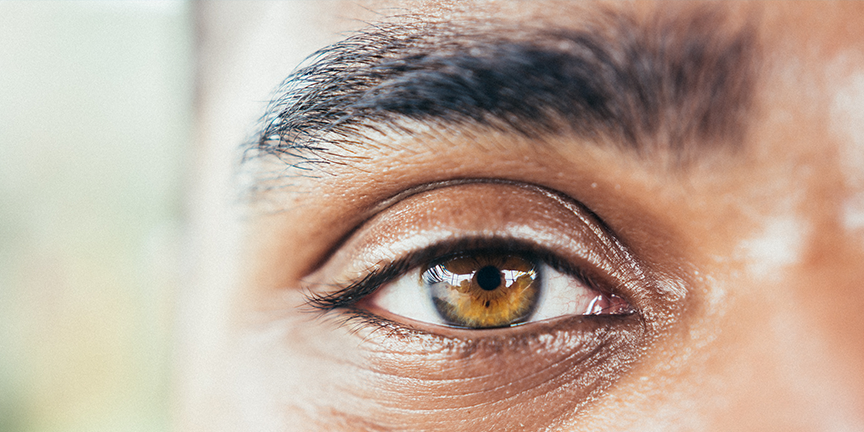Clinical Mental Health Conditions
Most Americans are well-acquainted with stress, anxiety and other negative feelings associated with our fast-paced work lives and hectic 21st century schedules.
In the 1970’s, experts began using the term “Attention Deficit Disorder” to describe the condition. While the condition is most often associated with children, there has been a more recent understanding the Attention Deficit Disorders (ADD, AD/HD) continue into adulthood for many individuals.
Bipolar disorder, also known as manic depression, is an illness involving one or more episodes of serious mania and depression. The illness causes a person’s mood to swing from excessively “high” and/or irritable to sad and hopeless, with periods of a normal mood in between. More than 2 million Americans experience bipolar disorder.
Borderline personality disorder (BPD) is a serious mental disorder marked by a pattern of ongoing instability in moods, behavior, self-image, and functioning.
Clinical depression is one of the most common mental illnesses, affecting more than 19 million Americans each year.
We all get lost in a good book or movie. But someone with dissociative disorder escapes reality in ways that are involuntary and unhealthy.
Dysthymia, sometimes referred to as chronic depression, is a less severe form of depression. With dysthymia, the depression symptoms can linger for a long period of time, perhaps two years or longer.
People with eating disorders experience serious disturbances in their eating patterns, such as a severe and unhealthy reduction in their food intake or overeating, as well as extreme concern about body shape or weight.
Occasional anxiety is a normal part of life. You might worry about things like health, money, or family problems
Impulse Control Disorders are a collection of clinical entities where patients know the wrongfulness or inappropriateness of their behaviors but have great difficulties controlling them.
People with obsessive-compulsive disorder (OCD) suffer intensely from recurrent unwanted thoughts (obsessions) or rituals (compulsions), which they feel they cannot control.
All children are oppositional from time to time, particularly when tired, hungry, stressed or upset. They may argue, talk back, disobey, and defy parents, teachers, and other adults.
Panic disorder is characterized by unexpected and repeated episodes of intense fear accompanied by physical symptoms that may include chest pain, heart palpitations, shortness of breath, dizziness, or abdominal distress.
Personality refers to a distinctive set of traits, behavior styles, and patterns that make up our character or individuality. How we perceive the world, our attitudes, thoughts, and feelings are all part of our personality.
The birth of a child can be a joyous and exciting time, but following childbirth, some women may experience postpartum disorders that can adversely affect a woman’s mental health.
If you have gone through a traumatic experience, it is normal to feel lots of emotions, such as distress, fear, helplessness, guilt, shame or anger.
When Suzanne O'Sullivan, MD, was working as a neurologist at the Royal London Hospital in 2004, she was assigned to treat epilepsy patients who, inexplicably, just weren't getting better. Having run out of standard treatments, she suspected that maybe their pain didn't stem from a physical problem after all.
Schizoaffective disorder symptoms look like a mixture of two kinds of major mental illnesses that are usually thought to run in different families, involve different brain mechanisms, develop in different ways, and respond to different treatments: mood (affective) disorders and schizophrenia.
Schizophrenia is a group of severe brain disorders in which people interpret reality abnormally.
Some people suffer from symptoms of depression during the winter months, with symptoms subsiding during the spring and summer months.
Sexual addiction is any sexually-related, compulsive behavior which interferes with normal living and causes severe stress on family, friends, loved ones, and one's work environment.
Social phobia is a disorder characterized by overwhelming anxiety and excessive self-consciousness in social situations.
It is officially classified as an impulse control disorder, along the lines of pyromania, kleptomania, and pathologic gambling.
Psychosis refers to a condition that creates a loss of contact with reality. During a period of psychosis, thoughts and perceptions are disturbed, and the person may have difficulty understanding what is real and what is not.














































